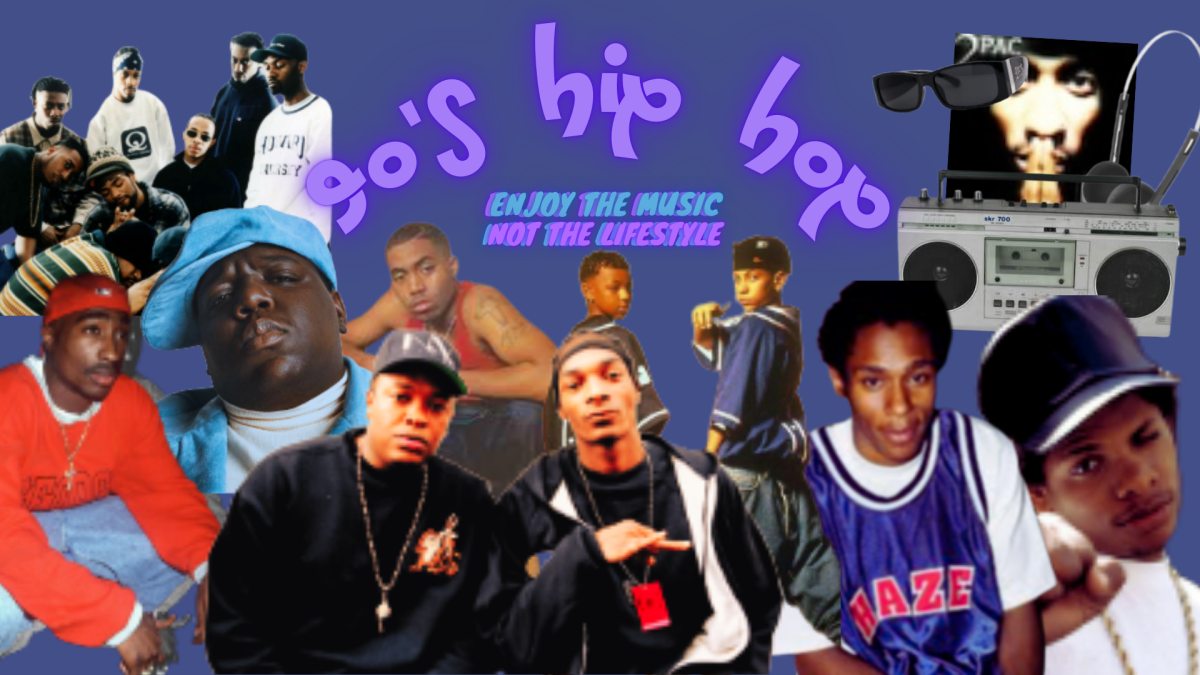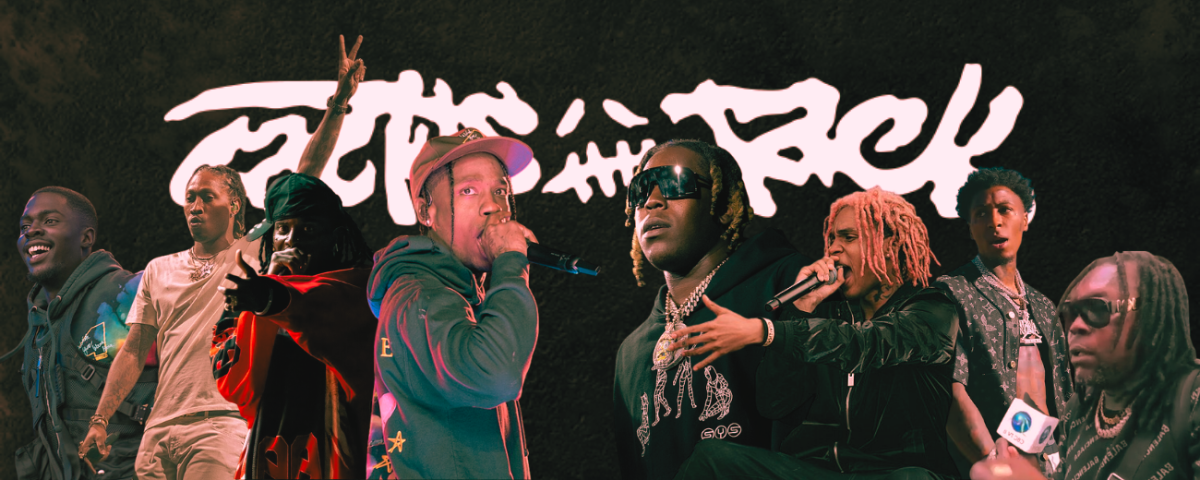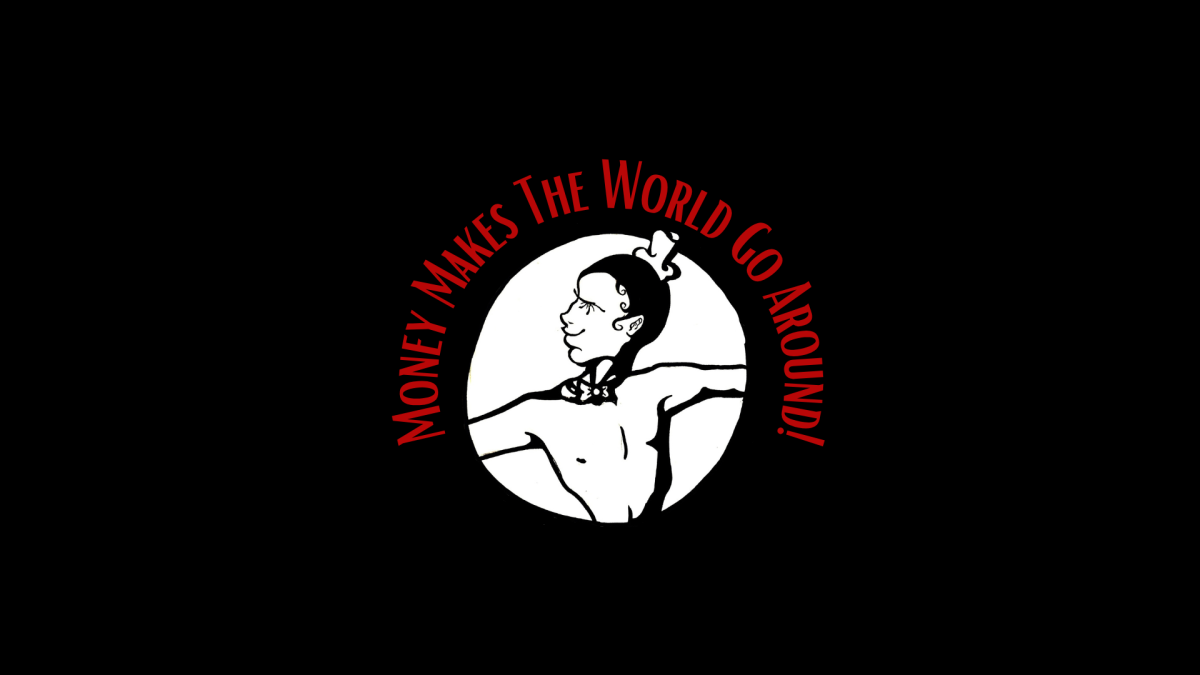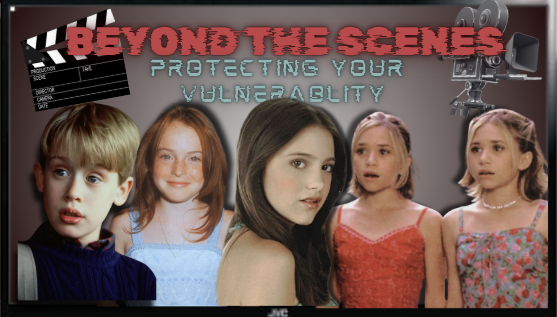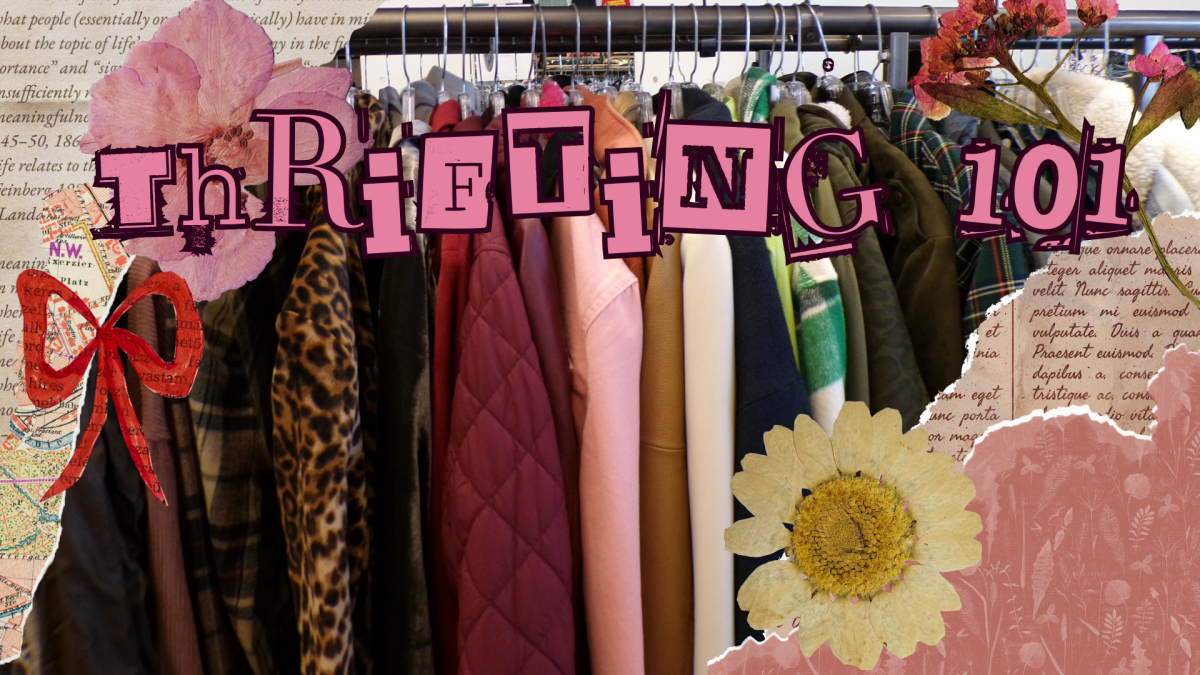I use music to escape my brain and pry myself from reality. Word for word, I’d recite any Eazy-E, 2Pac or Too $hort song, and even quote them in my day-to-day life. It’s contradicting, though. The music I listen to paints a realistic mural, an extending wall of relentless struggles and pain. A long wall of life, and that’s about as real as reality can get.
Whenever anyone asks me why I like ‘90s hip hop, I feel the interrogation. I can’t reply with a run-of-the-mill, “Oh, I relate to it so much.” I can’t relate to Too $hort’s song “The Ghetto” where he speaks out about, “The story I tell is so incomplete / Five kids in the house, no food to eat.”
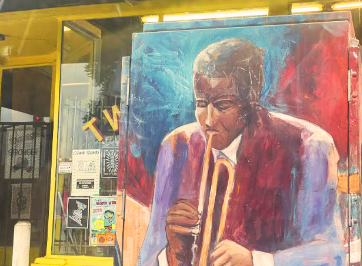
The good news about this heart-racing question, especially for my strange panicking problem, is it’s almost always answered for me. Uncles, aunts, cousins, they all say, “That’s your dad right there.” They’d deliberately point at my dad and jeer, “What’d you do to your kids?” I’d laugh at first, but inside, I’d wonder. Honestly, the first time I heard their response, I was confused. Why would I take his music style? Did I need to have a reason to like the music I listen to? It seemed melodramatic, all the pondering, but it got so intense I decided to take the best course of action. Ask him.
There he sat, the man responsible for me and now, apparently, my music taste. Sarath Yim, my father, half judging me and half concerned. “Because the music was real,” he said. “It was about the struggle of growing up in the ‘90s era and society. There was nothing fake about it.”
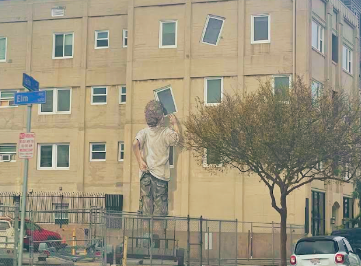
My dad is a first-generation Cambodian-American, and my grandparents fled Cambodia following the Khmer Rouge.
“Growing up with refugees as parents is never easy, especially when you’re being raised in the central east side of Long Beach,” he said.
I asked him about how this music directly influenced him and his own decisions. “It was actual things that were going on in ordinary people’s lives,” he said. “’90s music made me better, made me want better, and made me do better.”
Then, he gave me an answer. An answer to “Why the ‘90s?” A complete and fool-proof response to the interrogation. “Because the stories and the music tell what the person has been through and what he has seen,” he said. “Whether it be the rich, the poor or the economy, when listening, someway somehow, it felt good even though you were in bad situations.”
There it was, blatantly in front of me. My official reply to all of the nerve-racking questions. It satisfied my curiosity and didn’t negate the struggle my dad went through either. I think it’s an important message for this generation, too. It denotes this false idea that you have to relate to music to listen to it, and releases the expectations that come with saying, “I like ‘90s hip hop.” So, now I say, “I enjoy the music, not the lifestyle.”


